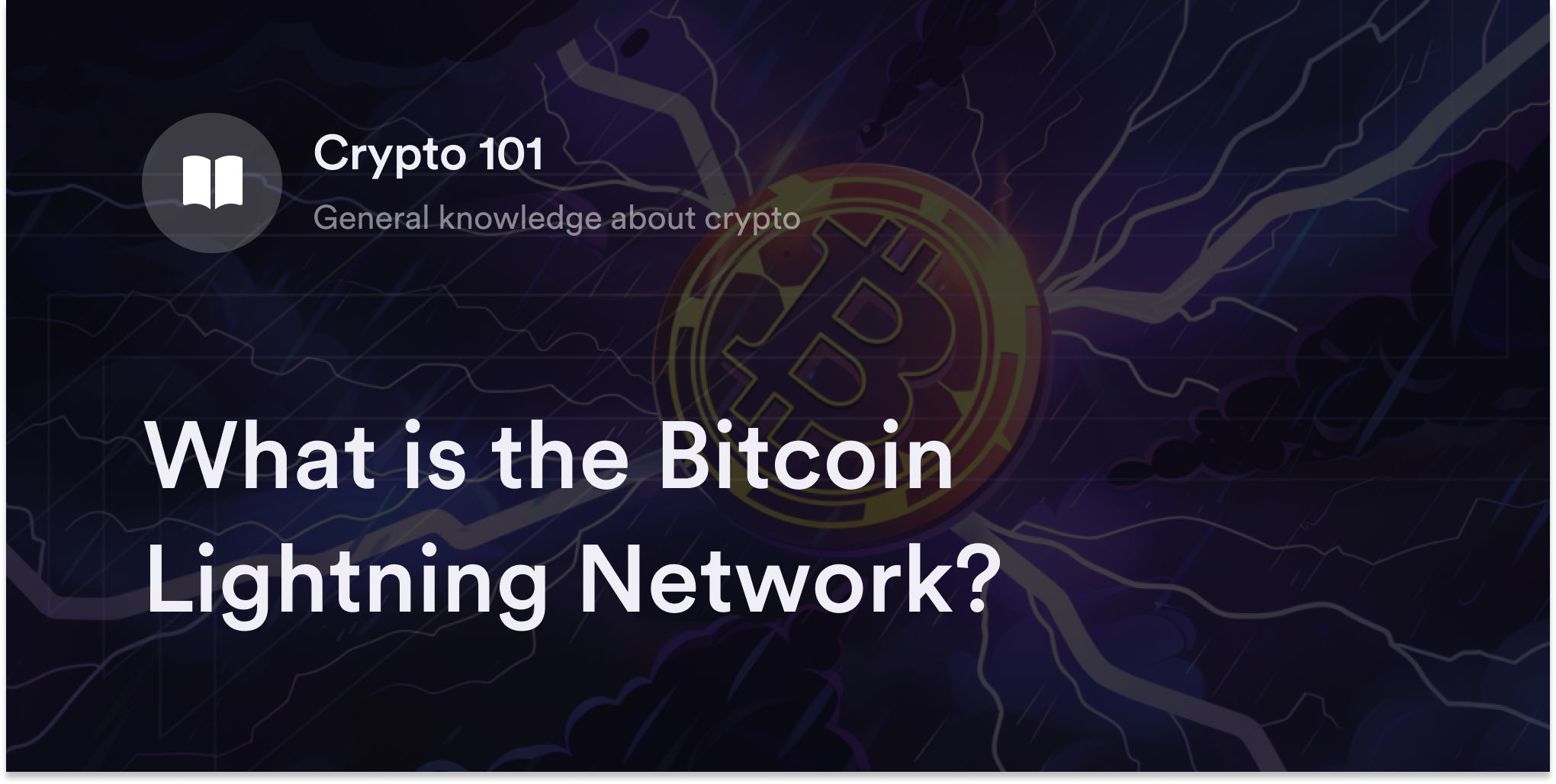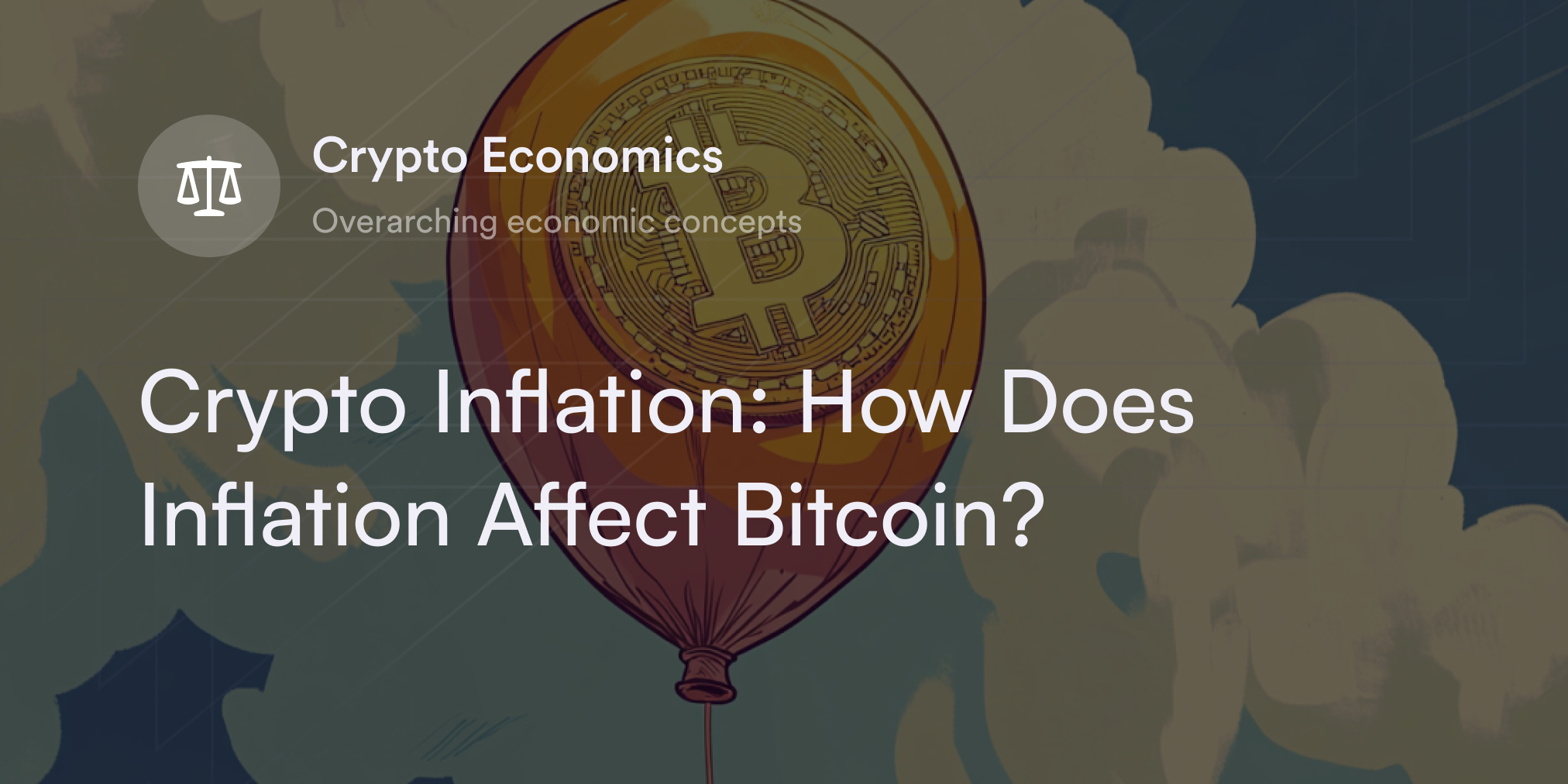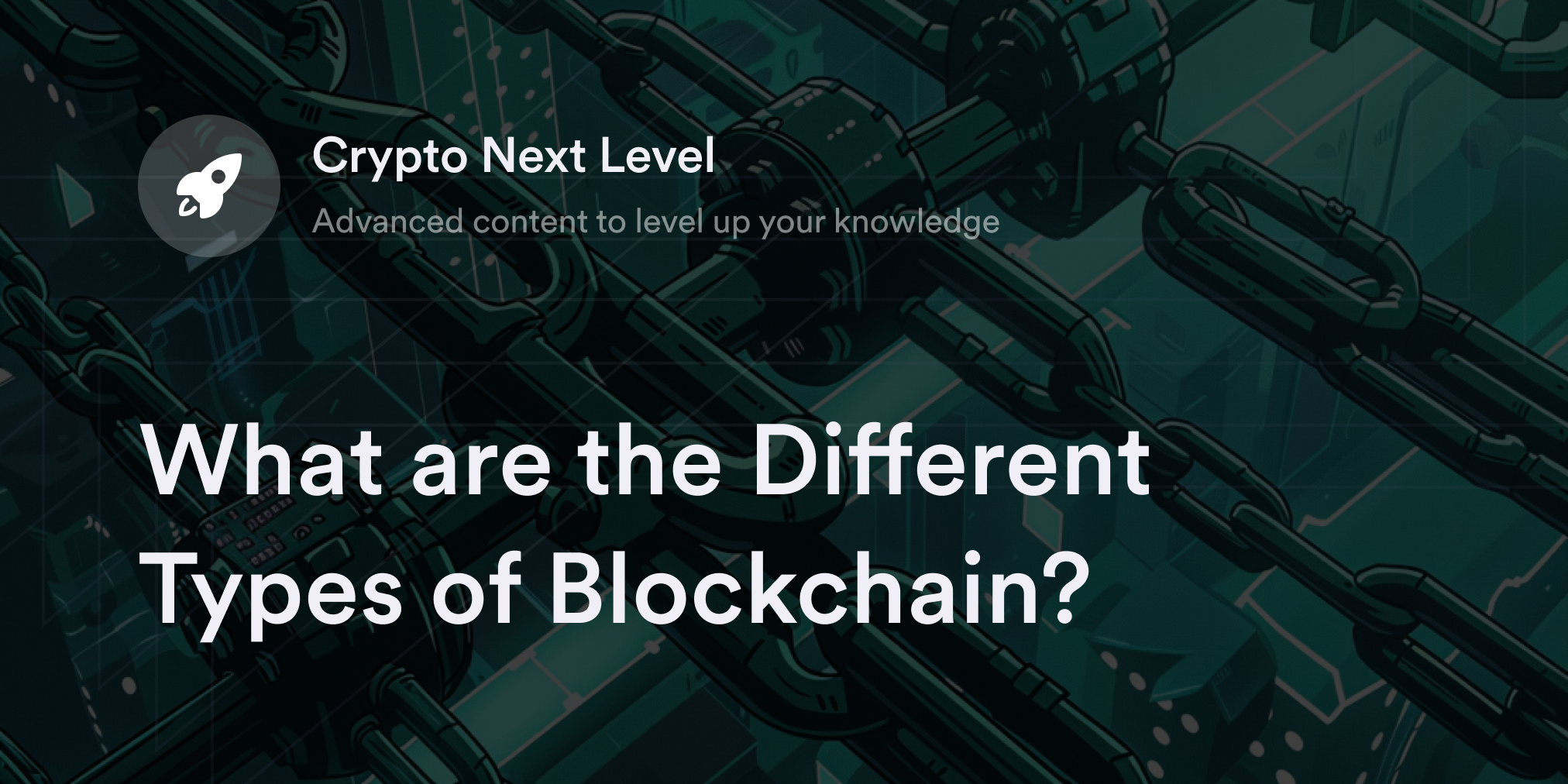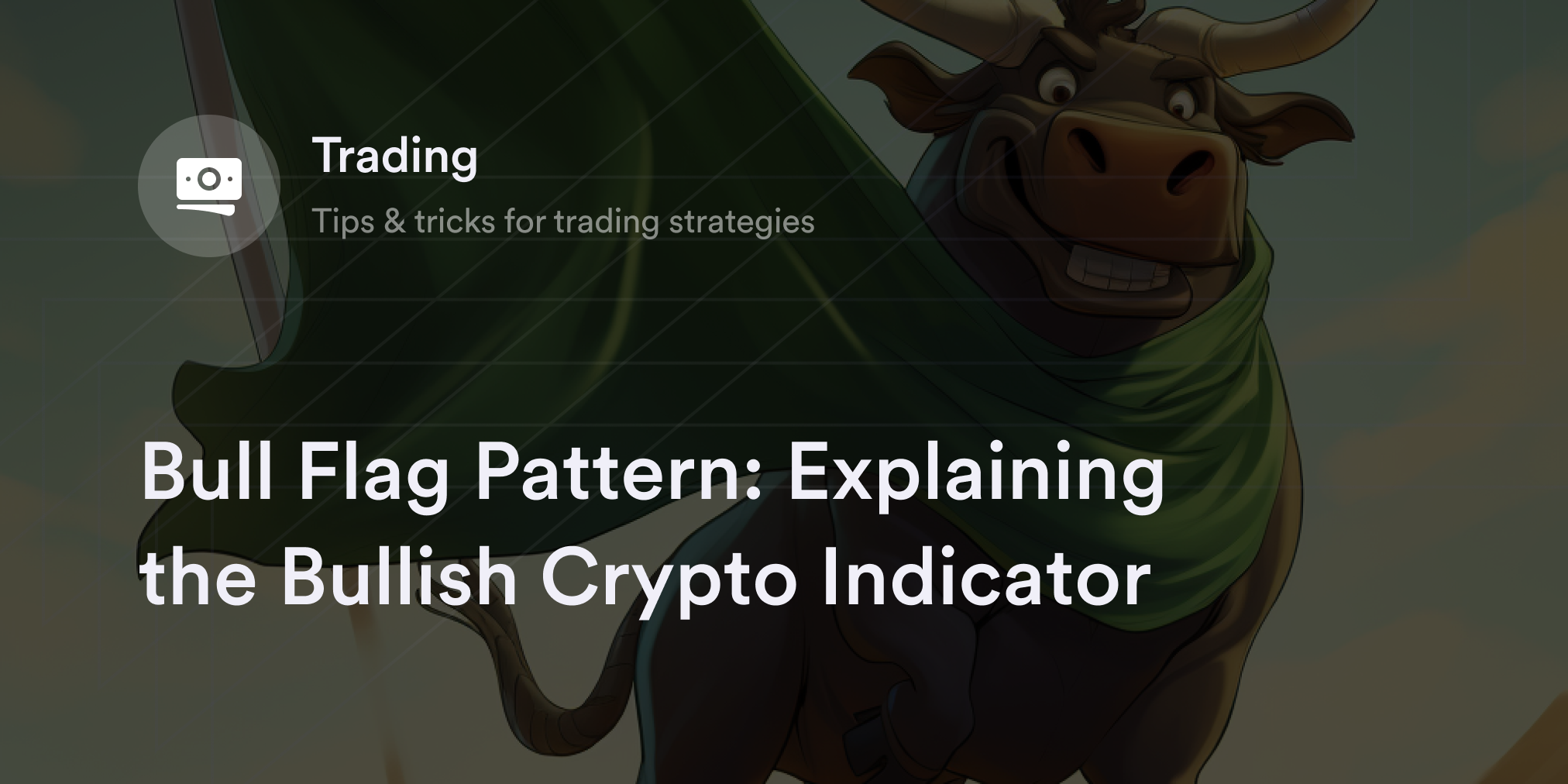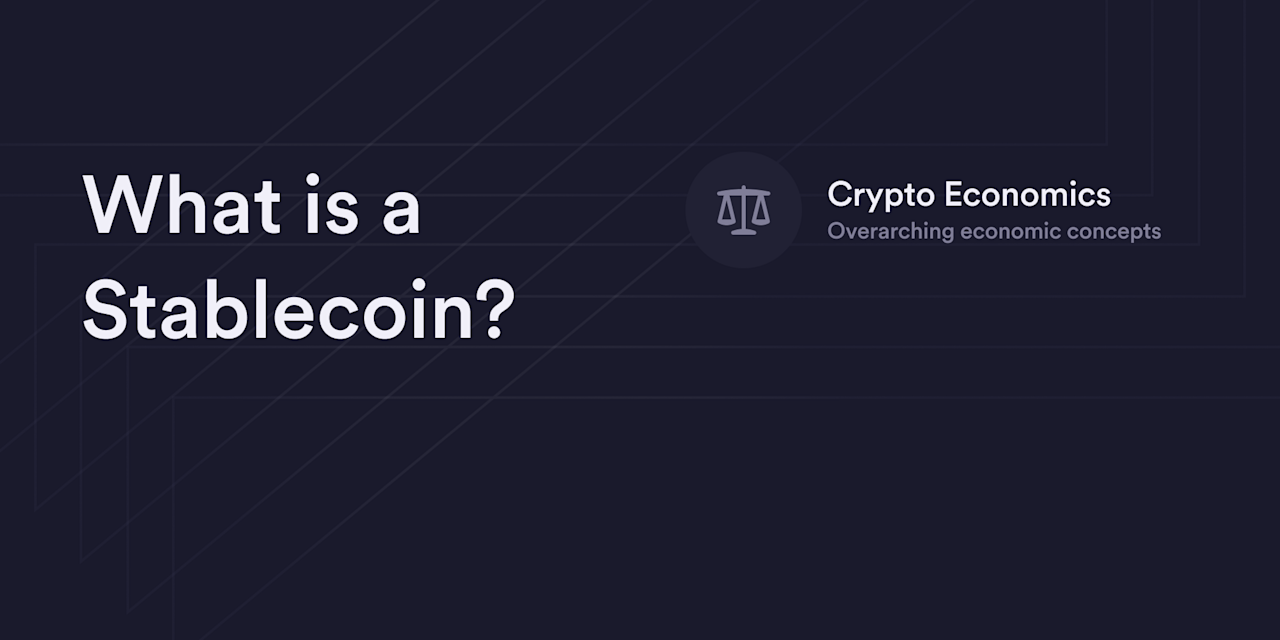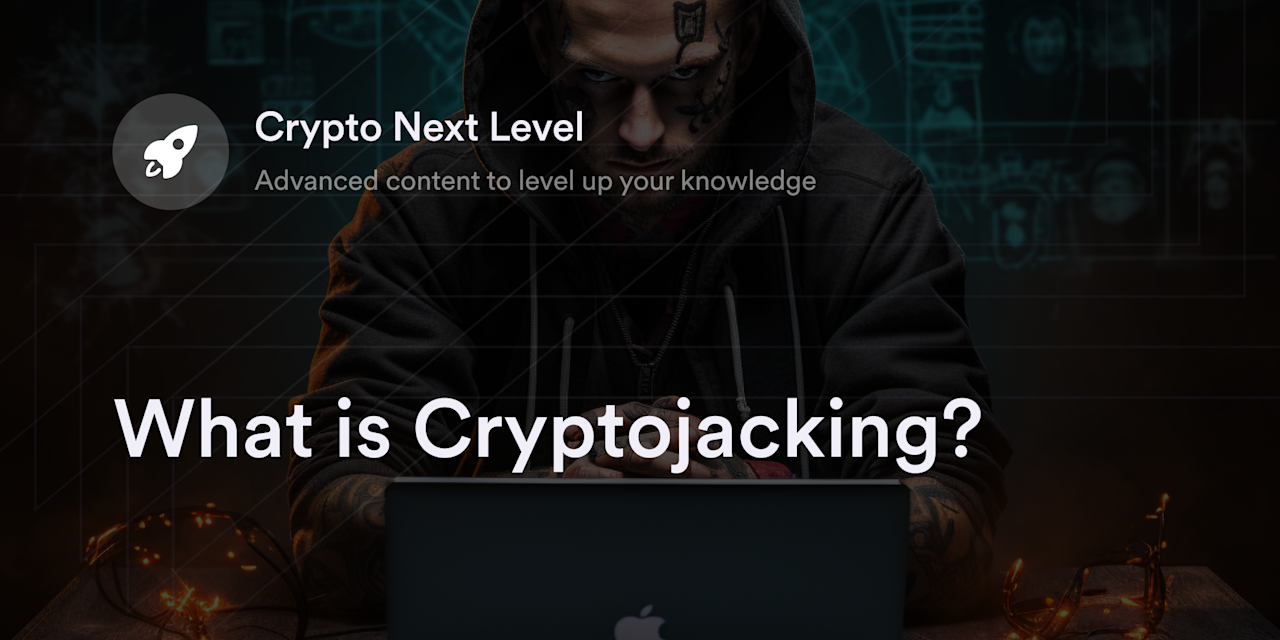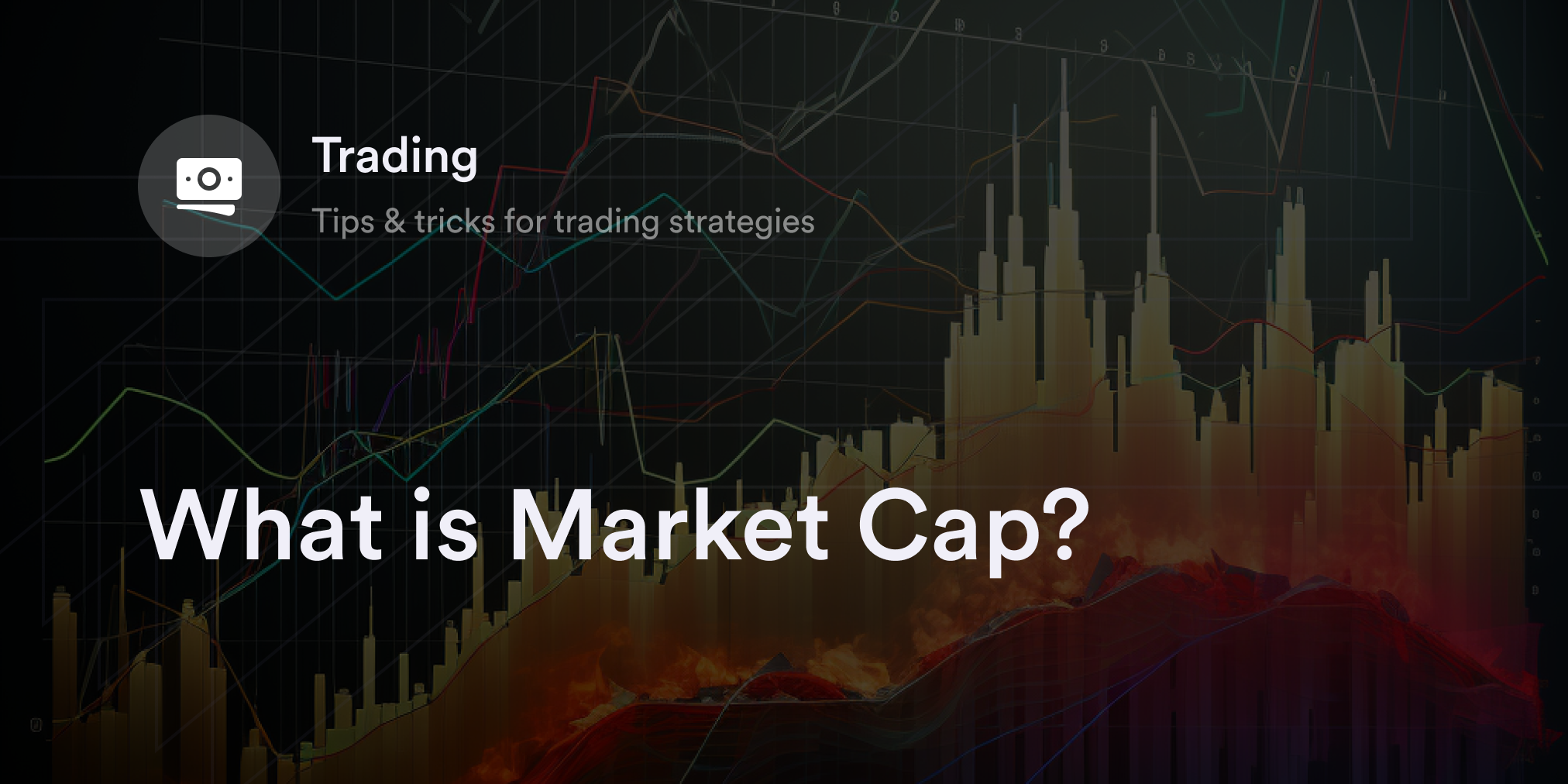
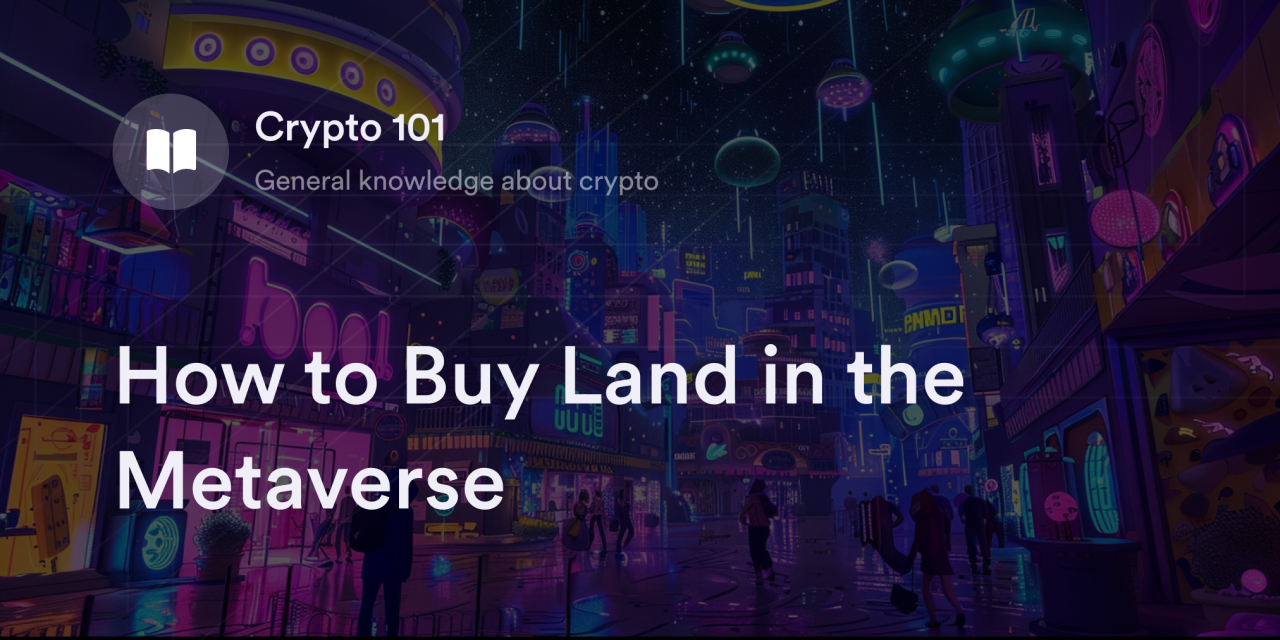

Augmented reality (AR) and virtual reality (VR) continue to take the world by storm. Innovators have been leveraging these to enhance user experiences by transporting individuals into an ostensible three-dimensional world. One such parallel universe is virtual real estate (aka “the metaverse”). Although the term was coined in 1992, it gained traction after Mark Zuckerburg changed Facebook’s name to Meta to lead the virtual world.
Interestingly, competition for land in the metaverse is almost as fierce as in the physical world.Recent estimates show investors spent $2 billion on crypto tokens signifying metaverse land parcels. And it’s not just crypto traders speculating on property rights in these digital domains. Fortune 500 companies––such as Nike, McDonald’s, and J.P. Morgan––have invested significant sums in properties on various metaverse sites.
Since metaverse land is so lucrative, more crypto investors want to know how to buy land in the metaverse and whether it’s worth their money.
But before we dive into the how-to, let’s understand metaverse fundamentals.
What is the Metaverse?
An amalgamation of “meta” and “universe,” the metaverse refers to technologies and digital platforms that blend the physical and virtual realms. Most often, projects associated with the metaverse use VR and AR to create a more immersive online experience.
The phrase metaverse also refers to virtual worlds and games where users connect, socialize, and play, similar to social media sites and multiplayer online video games. Typically, metaverse users create a virtual playable character (aka an avatar) as their digital identity.
Some developers are even fusing metaverse technology with the same decentralized computer networks (or blockchains) used to power cryptocurrencies, such as Ethereum (ETH). For example, 3D metaverse games, like The Sandbox and Decentraland, use the Ethereum blockchain to provide users with a censorship-free virtual experience, meaning users are free to share their opinions without any regulatory pressure.
What is Digital Real Estate in the Metaverse?
Digital real estate is any virtual land or property within a metaverse game. In crypto, these virtual land plots often sell as non-fungible tokens (NFTs) on blockchains, such as Ethereum or Solana (SOL). Unlike cryptocurrencies like Bitcoin (BTC) and Ethereum, NFTs have one unique address on their respective blockchains. Since an NFT’s transaction history is transparent and non-duplicable, each token serves as verifiable ownership rights for digital media, i.e. metaverse land.
After people buy an NFT representing virtual land in a metaverse, they can do whatever they want with their property. Like purchasing land in the physical world, metaverse landowners often build homes or businesses on virtual land if their game allows it. Some investors with metaverse land hold their tokens as investments, while others trade them on NFT markets, such as OpenSea.
Four Common Reasons People Buy Virtual Property
Although some gamers buy virtual property to join a fun online community, there are other reasons traders, investors, and businesses are entering the metaverse land market. Here are a few.
Long-term investment: Just like crypto advocates believe Bitcoin is the future of money, some virtual land investors argue decentralized metaverses will become tomorrow’s dominant video games or social media platforms. These investors may buy virtual land as a speculative long-term investment.
Passive income potential: Some metaverse platforms, such as Decentraland and The Sandbox, let landowners rent their property to other gamers for passive income. A few games also allow landowners to develop attractions such as amusement parks, museums, or casinos to lure gamers and collect commission fees. Investors interested in innovative revenue streams may buy virtual land to take advantage of these strategies.
Online publicity: Big brands and advertisers are already eyeing metaverse platforms to promote their products and services in Web3. For instance, Chipotle used metaverse land to create a unique experience for its customers. The company asked customers to create their own burrito on the metaverse and receive a free burrito in the real world. And as more people and companies enter the metaverse, ad space on popular platforms may become increasingly valuable.
Hobby: Some gamers are genuinely interested in having fun, completing quests, and connecting with fellow players on metaverse platforms. People immersed in a metaverse game may buy virtual property to develop their digital identity, play games for pleasure, and meet with colleagues and friends.
How to Invest in Metaverse Land
Countless metaverse platforms offer virtual real estate, but most follow the same buying process. As long as you have some crypto in a compatible digital wallet, it’s straightforward to pick up a land NFT. Here’s how:
Choose a metaverse with land openings: Since many metaverses exist, new buyers should review the details of various projects. An excellent place to start this search is on reputable third-party crypto sites, such as CoinMarketCap, CoinGecko, and dAppRadar. Each of these has lists of the most popular blockchain games and metaverses. Some metaverse projects also sell land parcels on NFT markets, such as OpenSea, Magic Eden, and Rarible. Research each project’s goals, leadership, and community to find a metaverse in which you want to invest.
Download a compatible crypto wallet: After deciding which virtual world interests you, determine which crypto wallets link to the metaverse’s supported blockchain. For example, since The Sandbox is on Ethereum, you need an Ethereum-compatible wallet, such as MetaMask, to buy land NFTs. Choose a non-custodial crypto wallet with a high reputation for security and compatibility with the selected metaverse title. For context, a non-custodial wallet lets you manage your crypto without relying on an exchange.
Buy and send crypto to a crypto wallet: Most markets offering land NFTs only accept crypto as payment. Oftentimes, the crypto associated with a metaverse’s blockchain is the currency gamers need to pay with (for example, a metaverse on Solana charges fees in SOL). Therefore, virtual land investors must consider buying crypto on an exchange and sending it to their crypto wallet.
Link a crypto wallet to an NFT market: Some metaverses have dedicated portals for land sales (e.g., the Decentraland Marketplace for Decentraland), but others sell their land NFTs on secondary marketplaces such as OpenSea or Magic Eden. When crypto users find a site selling the metaverse NFTs they’re interested in, they connect their crypto wallet to make a purchase.
Buy or bid on virtual real estate: People purchase land NFTs or bid on them. That’s because some metaverse land sellers prefer to put their NFTs for auction, while others set a minimum price for their digital assets. However, in some NFT markets, buyers offer lower than the posted NFT price. Use one of these methods to acquire virtual property at a comfortable price.
Store virtual property in a crypto wallet: After confirming a land NFT transaction, buyers own digital real estate in their chosen metaverse. The NFT stays in whichever digital wallet a crypto investor used to purchase their virtual property. If landowners want to transfer this NFT, they can send it to another NFT-compatible crypto wallet for safekeeping.
How Much Does it Cost to Buy Land in the Metaverse?
Since metaverse land is so new and speculative, there’s no consistent price for virtual real estate. As investors start researching metaverse land plots, they find prices ranging from a few dollars to millions per land parcel. However, the value of metaverse property always depends on how popular the underlying game is, where the land is within the game, and whether it has any special features. For example, virtual land in The Sandbox near rapper Snoop Dogg’s in-game mansion sold for more than a random plot of land on the outskirts of the game. Similarly, land in the Otherside metaverse sells for higher prices if it has scarce in-game resources and higher rarity rankings.
Although metaverse land prices depend on the demand for a particular game, people gauge the average lowest price for metaverse property by looking at the floor price. Contextually, a floor price represents the lowest price sellers currently accept for their virtual land. New virtual land buyers often review the floor price data for different metaverses to see historical trends and compare the average land prices between platforms.
What Are the Risks of Buying Land in the Metaverse?
Metaverse land is one of the most speculative assets in the cryptocurrency market. Although metaverse games are gaining popularity, nobody’s sure whether this high-risk, volatile investment avenue will take off or which platforms will gain the most players. For instance, a platform could cease operations, making the land worthless in an instant. Also, since land NFTs primarily trade on hype rather than fundamental metrics, it’s difficult to evaluate the cost of different land plots, which could potentially result in major losses.
Learn More About Crypto Trading on dYdX
Crypto markets offer many unique opportunities investors won’t find in traditional markets. Along with digital real estate, crypto traders have access to a new class of derivatives called perpetuals. Unlike standard futures contracts, perpetuals don’t expire. You can trade perpetuals on dYdX, which offers traders a decentralized derivatives trading experience with up to 20x leverage. Start trading on dYdX today!
While you’re at it, head to dYdX’s blog to learn more about dYdX’s product. You can also check out our academy to discover more about the crypto world.
Disclaimer
The content of this article (the “Article”) is provided for general informational purposes only. Reference to any specific strategy, technique, product, service, or entity does not constitute an endorsement or recommendation by dYdX Trading Inc., or any affiliate, agent, or representative thereof (“dYdX”). Use of strategies, techniques, products or services referenced in this Article may involve material risks, including the risk of financial losses arising from the volatility, operational loss, or nonconsensual liquidation of digital assets. The content of this Article does not constitute, and should not be considered, construed, or relied upon as, financial advice, legal advice, tax advice, investment advice, or advice of any other nature; and the content of this Article is not an offer, solicitation or call to action to make any investment, or purchase any crypto asset, of any kind. dYdX makes no representation, assurance or guarantee as to the accuracy, completeness, timeliness, suitability, or validity of any information in this Article or any third-party website that may be linked to it. You are solely responsible for conducting independent research, performing due diligence, and/or seeking advice from a professional advisor prior to taking any financial, tax, legal, or investment action.
You may only use the dYdX Services in compliance with the dYdX Terms of Use available here, including the geographic restrictions therein.
Any applicable sponsorship in connection with this Article will be disclosed, and any reference to a sponsor in this Article is for disclosure purposes, or informational in nature, and in any event is not a call to action to make an investment, acquire a service or product, or purchase crypto assets. This Article does not offer the purchase or sale of any financial instruments or related services.
By accessing this Article and taking any action in connection with the information contained in this Article, you agree that dYdX is not responsible, directly or indirectly, for any errors, omissions, or delays related to this Article, or any damage, injury, or loss incurred in connection with use of or reliance on the content of this Article, including any specific strategy, technique, product, service, or entity that may be referenced in the Article.
